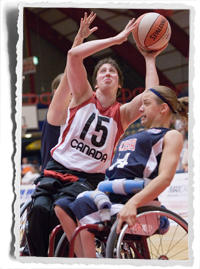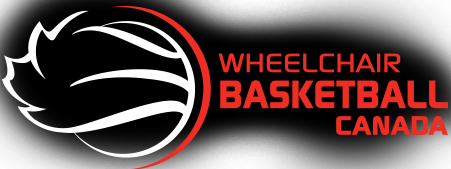How do you like to motivate other people to pursue their dreams?
 As a Paralympic Athlete, and now as an alumni, I am often invited to give inspirational talks or workshops about “following your dreams.” I have accepted upwards of 50 such offers, from small schools to international conferences, but my purpose has never been to motivate people to follow their dreams of success, but rather, to help people alter their perceptions and attitudes about failure.
As a Paralympic Athlete, and now as an alumni, I am often invited to give inspirational talks or workshops about “following your dreams.” I have accepted upwards of 50 such offers, from small schools to international conferences, but my purpose has never been to motivate people to follow their dreams of success, but rather, to help people alter their perceptions and attitudes about failure.
It is easy for outsiders to look at the successes of an athlete, or of a filmmaker or academic or public speaker for that matter, and think that this success is at the core of the person: that it is what being an elite athlete is all about. In my experience, there is nothing farther from the truth. When I learned to tilt, I didn’t do it by successfully balancing against the safety of a wall for hours on end. I taught myself to tilt by tilting and falling 5000 times until I could find that perfect balance point in my sleep. Becoming an elite athlete was, for me, less a process of following my dreams and more a process of facing my fears: of pushing myself to failure over and over again until I could shoot without fear of missing, tilt without fear of falling, and play without fear of losing.
In my experience, you try and you fail at least as often as you succeed. My message, however, is not only about how to get over the fear of failure so that you can eventually enjoy success. My message is also about how to find opportunity and joy in failure itself: in trying something new, in being creative, in challenging yourself, and in the relationships and memories that come out of the hard times, the unexpected turns, the moments of loss or frustration.
In 2008 I was forced into retirement, mere months before the Paralympic Games, due to a heart condition. It was a moment of profound loss and failure for me. It was also a moment of incredible opportunity and joy. It was a moment of great friendship, when so many of those whom I had played with and against in this sport rallied around me in support. It was a moment of great opportunity: a chance to spend more time in my community coaching, recruiting and programming for the next generation, a chance to focus on my PhD, a chance to explore my world creatively through filmmaking. This great sporting loss or “failure” has opened up new opportunities, not so much to “follow new dreams,” as to chase new failures with as much creativity and passion as I did in playing wheelchair basketball. That is one of the greatest gifts that this sport gave me, and it is the one that I try to share when I am invited to speak about my elite sport experiences.”


